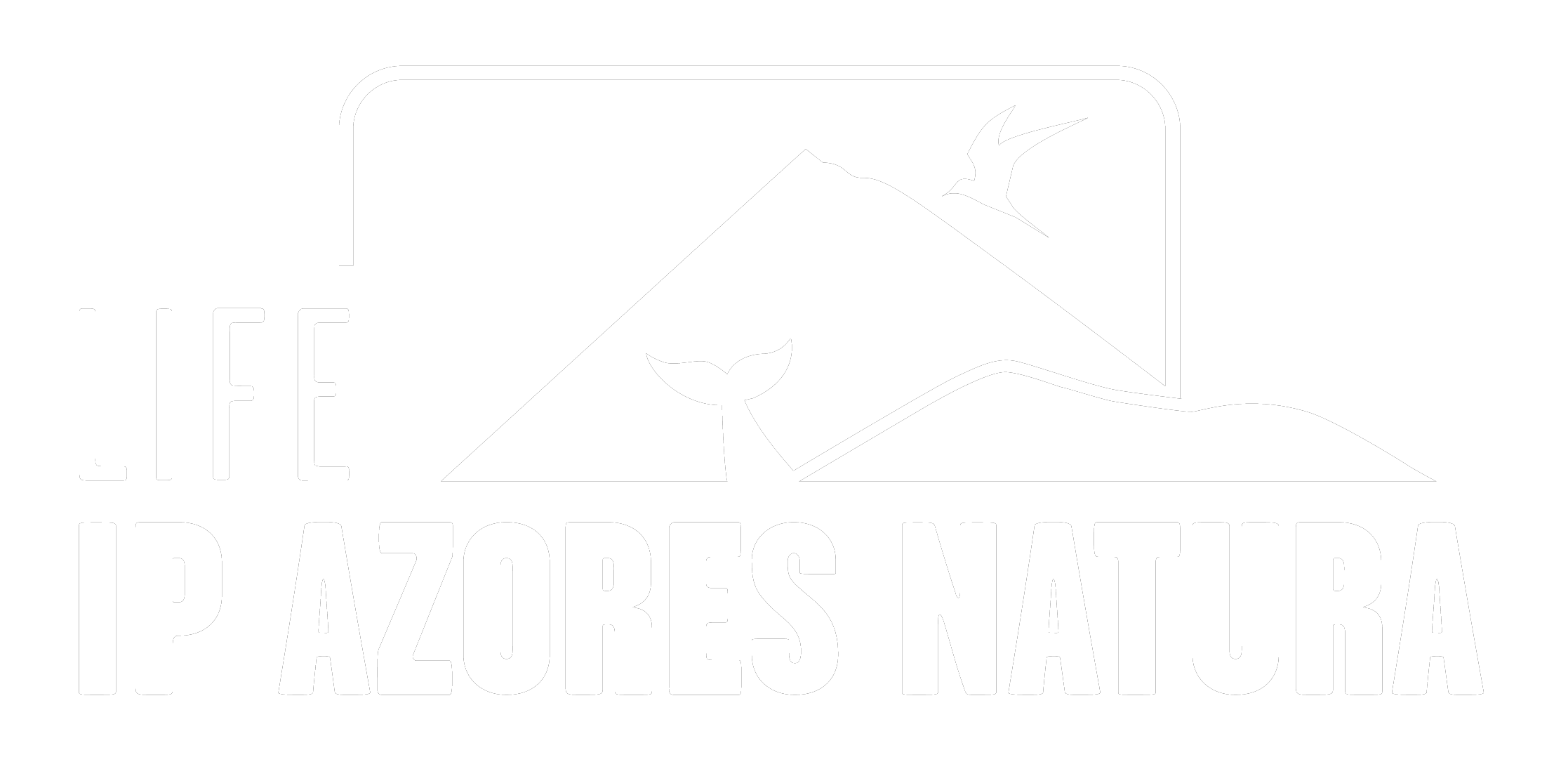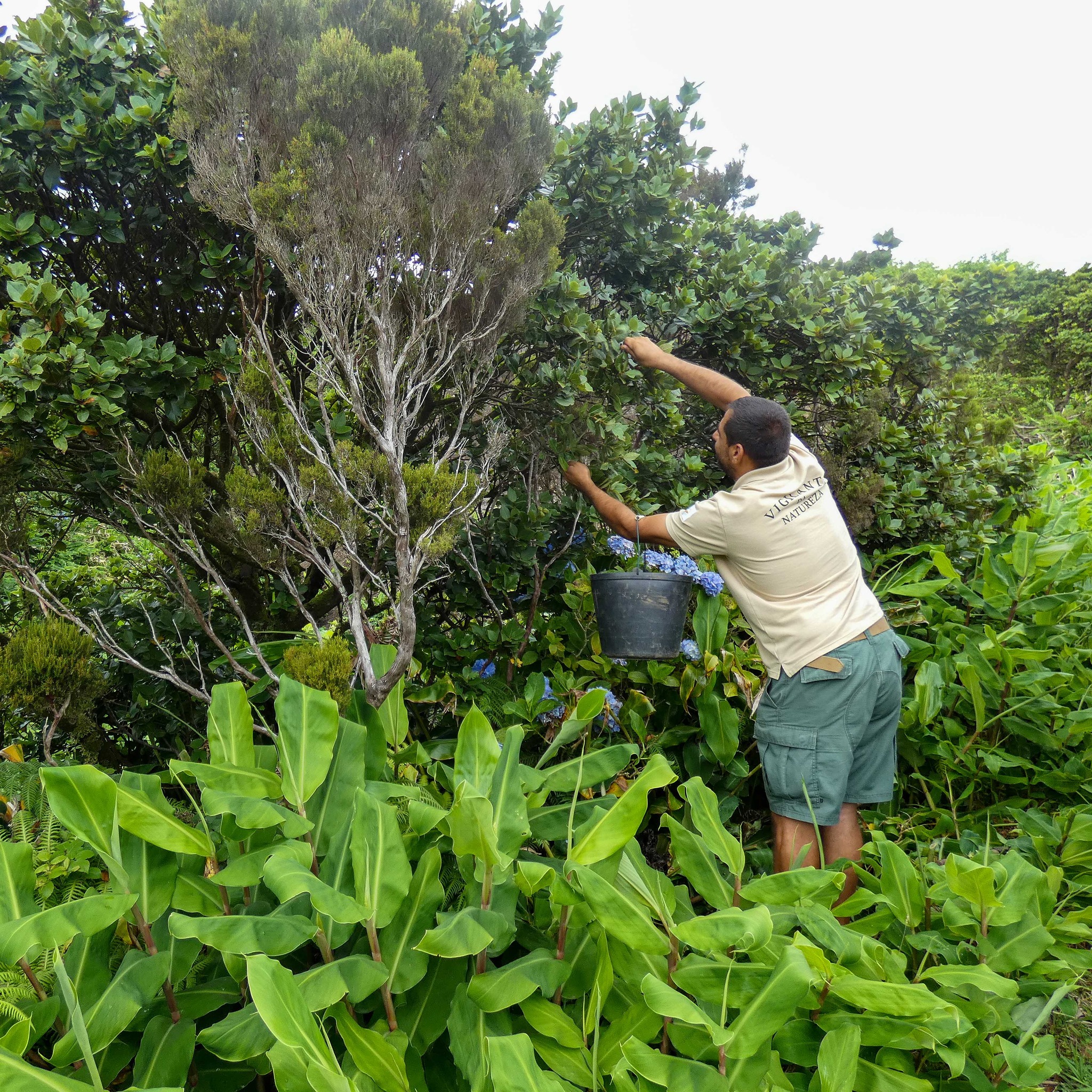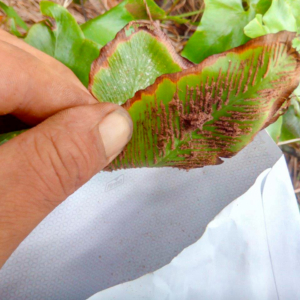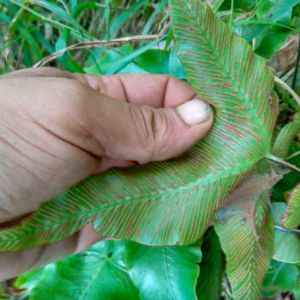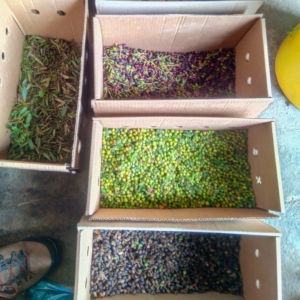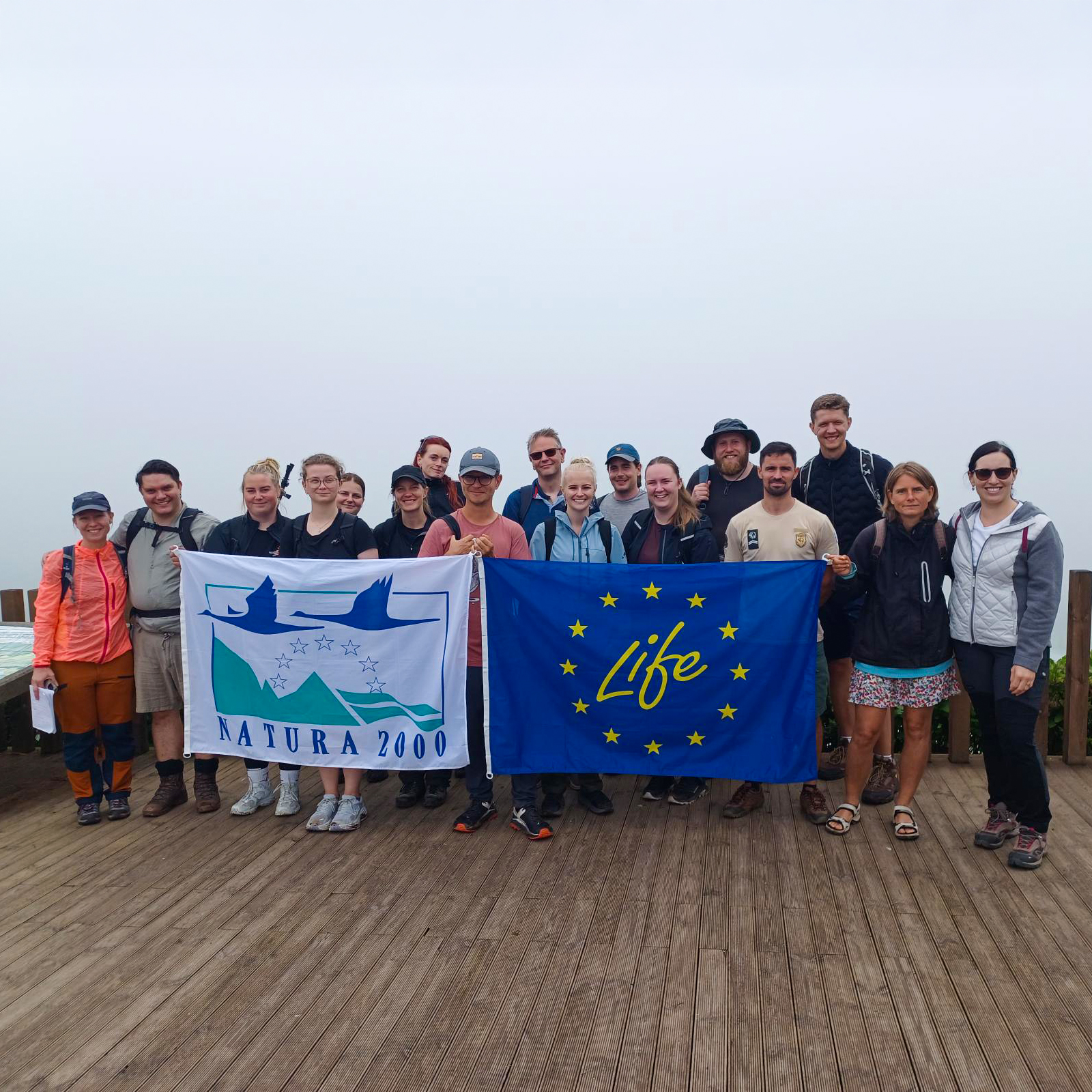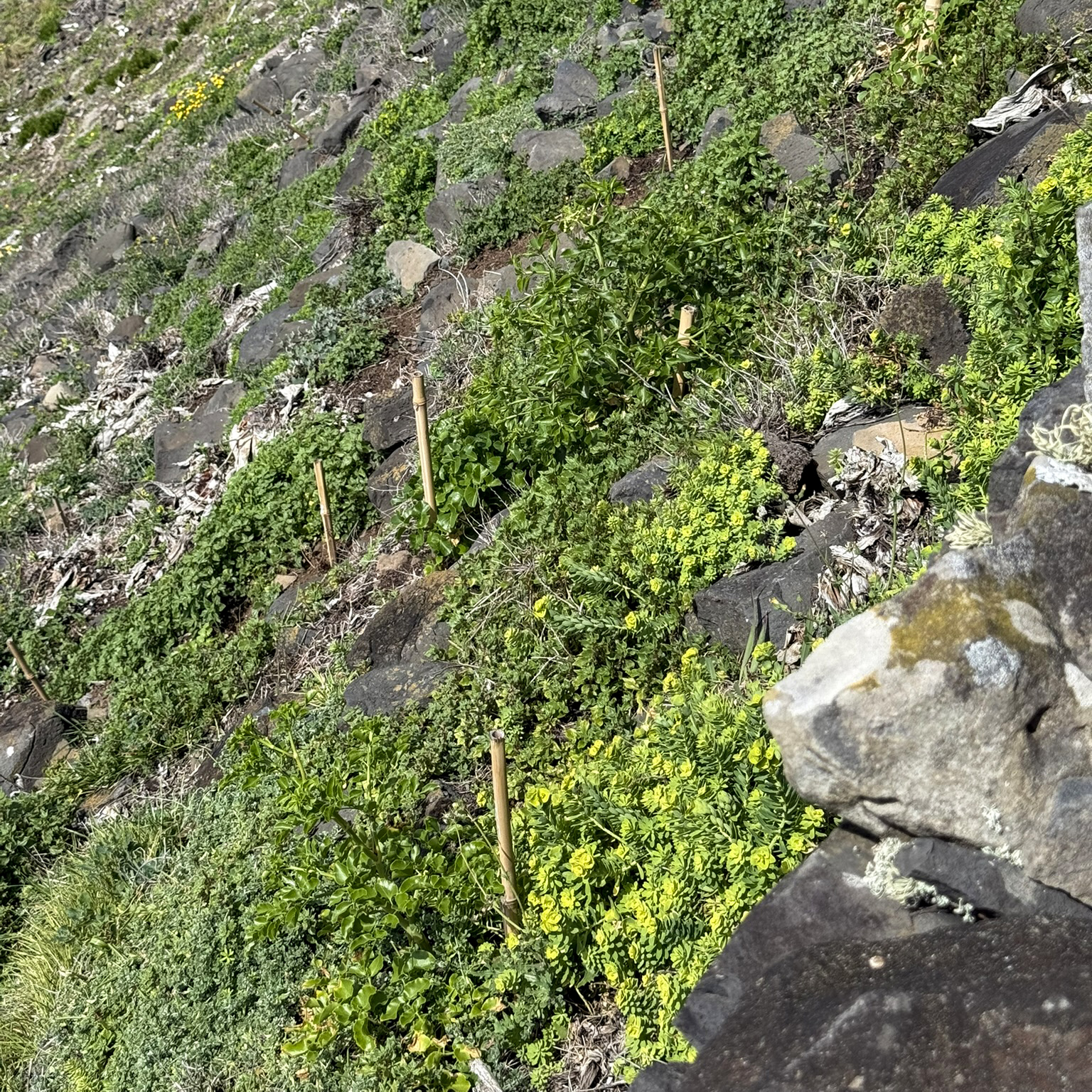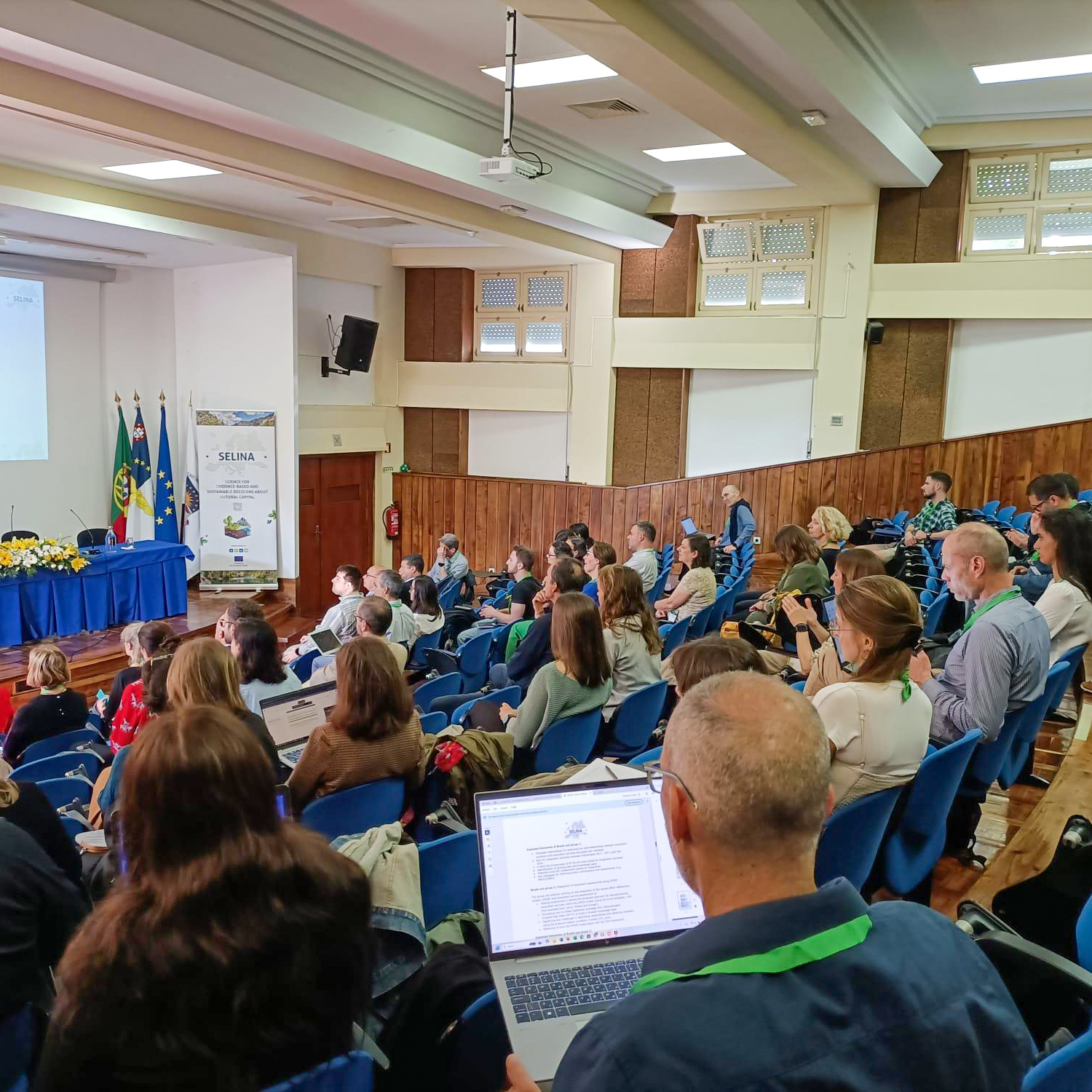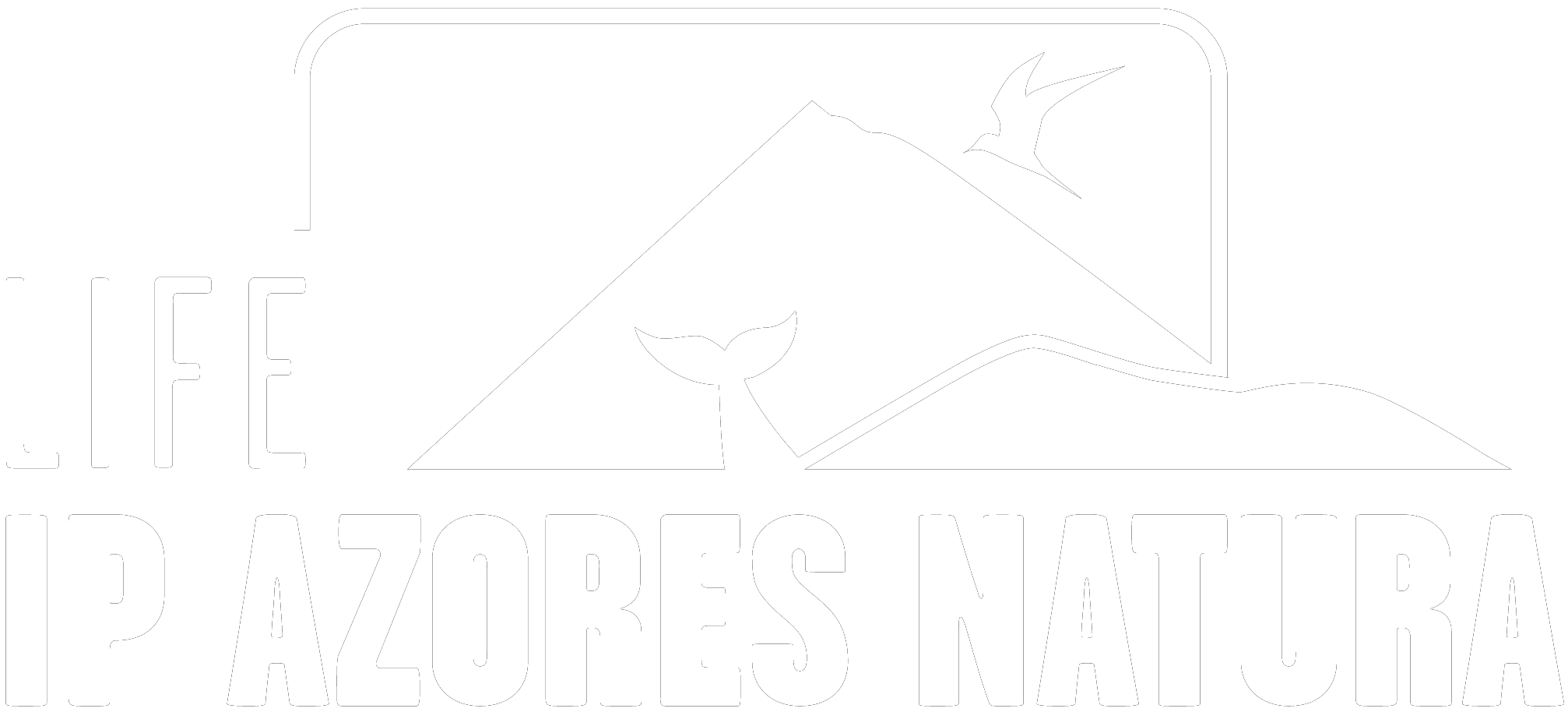Part of the LIFE IP AZORES NATURA project’s mission is to reinforce the populations of threatened species in the Archipelago, thus protecting our natural heritage’s biodiversity and richness.
Every year, seeds are collected throughout the Region to strengthen the populations in the different intervention areas of this project, coordinated by the Regional Secretariat for the Environment and Climate Change.
Through their propagation, we can ensure genetic variability and maintenance of the most fragmented populations with few individuals.
This year, we are pleased to announce that the seed collection season on Flores proved to be a success, having collected 17 samples of half of the target species of flora on the island.
The seeds of woody species, except for the Juniper (𝘑𝘶𝘯𝘪𝘱𝘦𝘳𝘶𝘴 𝘣𝘳𝘦𝘷𝘪𝘧𝘰𝘭𝘪𝘢), are delivered to the care of the Pico Island Forestry Services, which has the necessary conditions to generate the planting, and later returned to the island of origin for planting.
This planting is introduced in intervention areas for 𝘩𝘢𝘣𝘪𝘵𝘢𝘵 restoration where invasive species were previously removed to immediately occupy the space with native and structuring species, avoiding their reoccupation by Invasive Alien Species.
So far, among all the species targeted by the project existing on the island of Flores, a considerable amount of seeds has already been preserved, namely: 𝘈𝘮𝘮𝘪 𝘵𝘳𝘪𝘧𝘰𝘭𝘪𝘢𝘵𝘶𝘮, Ivy-leafed Fern (𝘈𝘴𝘱𝘭𝘦𝘯𝘪𝘶𝘮 𝘩𝘦𝘮𝘪𝘰𝘯𝘪𝘵𝘪𝘴), 𝘊𝘩𝘢𝘦𝘳𝘰𝘱𝘩𝘺𝘭𝘭𝘶𝘮 𝘢𝘻𝘰𝘳𝘪𝘤𝘶𝘮, Buckthorn (𝘍𝘳𝘢𝘯𝘨𝘶𝘭𝘢 𝘢𝘻𝘰𝘳𝘪𝘤𝘢), Juniper (𝘑𝘶𝘯𝘪𝘱𝘦𝘳𝘶𝘴 𝘣𝘳𝘦𝘷𝘪𝘧𝘰𝘭𝘪𝘢), Azorean Laurel (𝘓𝘢𝘶𝘳𝘶𝘴 𝘢𝘻𝘰𝘳𝘪𝘤𝘢), Azorean Forget-me-not (𝘔𝘺𝘰𝘴𝘰𝘵𝘪𝘴 𝘢𝘻𝘰𝘳𝘪𝘤𝘢), 𝘚𝘤𝘢𝘣𝘪𝘰𝘴𝘢 𝘯𝘪𝘵𝘦𝘯𝘴, 𝘝𝘢𝘤𝘤𝘪𝘯𝘪𝘶𝘮 𝘤𝘺𝘭𝘪𝘯𝘥𝘳𝘢𝘤𝘦𝘶𝘮, and Laurustinus (𝘝𝘪𝘣𝘶𝘳𝘯𝘶𝘮 𝘵𝘳𝘦𝘭𝘦𝘢𝘴𝘦𝘪).
This measure is carried out in all the Azorean islands, under Actions C3.1 “𝘌𝘹-𝘴𝘪𝘵𝘶 conservation”, C3.2 “𝘐𝘯-𝘴𝘪𝘵𝘶 conservation” and C4.1 “Best practice for terrestrial 𝘩𝘢𝘣𝘪𝘵𝘢𝘵 conservation”.
With the financial support of the LIFE Programme of the European Union.
RN 2000
